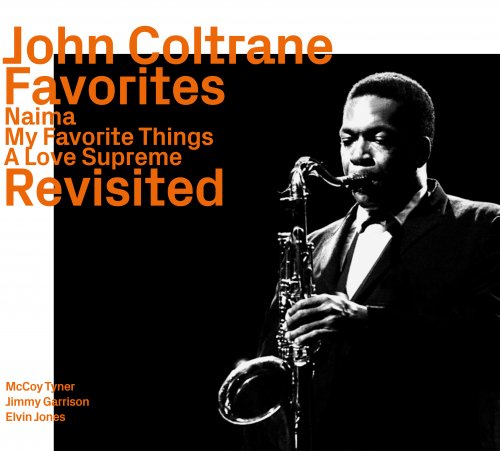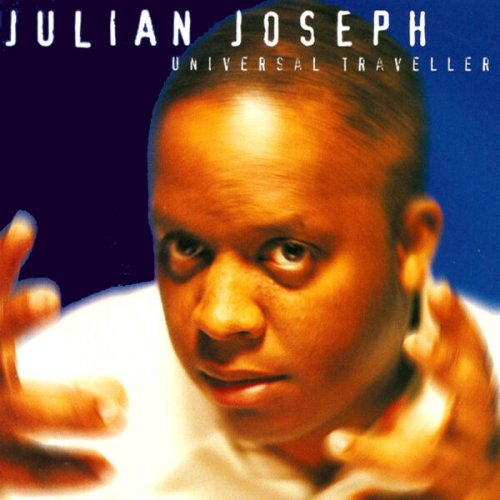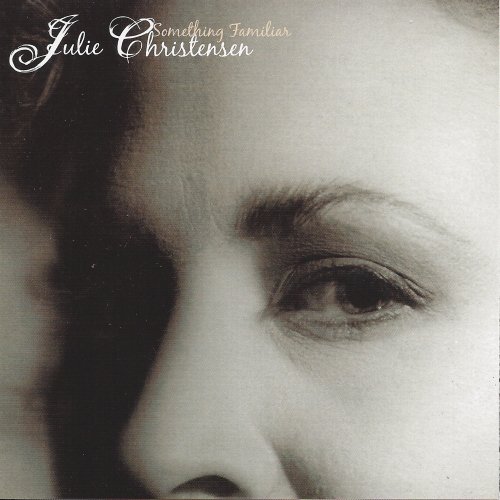Olga Pasichnyk, Robert Pomakov, Roy Goodman - Handel: Apollo e Dafne, Alchemist (2002)
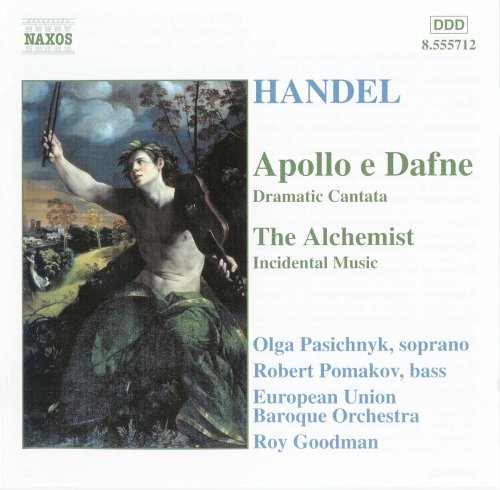
Artist: Olga Pasichnyk, Robert Pomakov, Roy Goodman
Title: Handel: Apollo e Dafne, Alchemist
Year Of Release: 2002
Label: Naxos
Genre: Classical
Quality: FLAC (image+.cue,log,scans)
Total Time: 57:14
Total Size: 286 Mb
WebSite: Album Preview
Tracklist: Title: Handel: Apollo e Dafne, Alchemist
Year Of Release: 2002
Label: Naxos
Genre: Classical
Quality: FLAC (image+.cue,log,scans)
Total Time: 57:14
Total Size: 286 Mb
WebSite: Album Preview
Apollo e Dafne, HWV 122
1. Overture 2:17
2. Recitativo: La terra e liberata 0:44
3. Aria: Pende il ben dell'universo 3:38
4. Recitativo: Ch'il superbetto Amore 0:37
5. Aria: Spezza l'arco e getta l'armi 2:46
6. Aria: Felicissima quest'alma 5:28
7. Recitativo: Che voce! Che belta 0:52
8. Aria: Ardi, adori, e preghi in vano 2:46
9. Recitativo: Che crudel! 0:16
10. Duetto: Una guerra ho dentro il seno 2:06
11. Recitativo: Placati al fin, o cara 0:25
12. Aria: Come rosa in su la spina 3:15
13. Recitativo: Ah! ch'un Dio non dovrebbe 0:19
14. Aria: Come in ciel benigna stella 4:09
15. Recitativo: Odi la mia ragion! 0:22
16. Duetto: Deh! lascia addolcire quell'aspro rigor 2:46
17. Recitativo: Sempre t'adorero! 0:23
18. Aria: Mie piante correte 2:18
19. Recitativo: Dafne, dove sei tu? 1:05
20. Aria: Cara pianta, co'miei pianti 6:18
The Alchemist, HWV 43
21. Overture 3:42
22. Prelude (anonymous composer) 1:09
23. Menuet 1:37
24. Saraband 2:15
25. Bouree 0:59
26. Air 1:08
27. Menuet 1:33
28. Gavotte 1:06
29. Jigg 0:55
Performers:
Olga Pasichnyk (Dafne -soprano-)
Robert Pomakov (Apollo -bass-)
European Union Baroque Orchestra
Roy Goodman (conductor)
Apollo e Dafne was probably begun in Venice in 1709, but was not completed until after Handel’s arrival in Hanover in 1710, to take up his appointment as Kapellmeister to the Elector. The instrumentation is more colourful than usual, and in addition to the usual strings Handel added a flute, a pair of oboes and a bassoon. The musical structure is relatively simple, with a succession of emotionally varied da capo arias and a pair of duets for the two main characters, Dafne, a soprano, and Apollo, a bass. Since Handel’s original overture has not survived, this performance is prefaced by the opening movement of his Concerto Opus 3, No.1, which was probably composed at the same time.
The plot is a mythological storm in a teacup. As the cantata opens we find the God Apollo basking in the limelight, having just released Greece from the menaces of a fearful python. Feeling rather full of himself he boasts that even Cupid’s archery is no match for his bow and arrow. How wrong he is. Apollo soon spies the lovely Dafne and is instantly smitten. Overawed or distrustful, she very sensibly rejects him. Apollo runs the full gamut of charm and seduction, but Dafne remains unimpressed, claiming that she would rather die than sacrifice her honour. Apollo presses the point, and Dafne is only able to resist his clutches by turning herself into a laurel tree. Apollo reluctantly comes to terms with his fate in a final aria of extraordinary pathos.
The plot is a mythological storm in a teacup. As the cantata opens we find the God Apollo basking in the limelight, having just released Greece from the menaces of a fearful python. Feeling rather full of himself he boasts that even Cupid’s archery is no match for his bow and arrow. How wrong he is. Apollo soon spies the lovely Dafne and is instantly smitten. Overawed or distrustful, she very sensibly rejects him. Apollo runs the full gamut of charm and seduction, but Dafne remains unimpressed, claiming that she would rather die than sacrifice her honour. Apollo presses the point, and Dafne is only able to resist his clutches by turning herself into a laurel tree. Apollo reluctantly comes to terms with his fate in a final aria of extraordinary pathos.
DOWNLOAD FROM ISRA.CLOUD
Handel Apollo e Dafne The Alchemist Olga Pasichnyk Robert Pomakov 02 2908.rar - 286.8 MB
Handel Apollo e Dafne The Alchemist Olga Pasichnyk Robert Pomakov 02 2908.rar - 286.8 MB

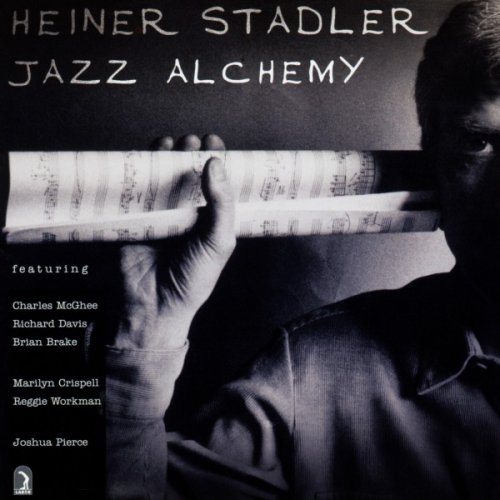
![The Voros Collective - Intercontinental Man (2026) [Hi-Res] The Voros Collective - Intercontinental Man (2026) [Hi-Res]](https://www.dibpic.com/uploads/posts/2026-03/1772344932_cover.jpg)
![The Cosmic Tones Research Trio - Live at Public Records (Live) (2026) [Hi-Res] The Cosmic Tones Research Trio - Live at Public Records (Live) (2026) [Hi-Res]](https://img.israbox.com/img/2026-03/04/485z12vap32l1wvonjqhl0gyw.jpg)
![Kobert - Off the Hook (2011) [Hi-Res] Kobert - Off the Hook (2011) [Hi-Res]](https://www.dibpic.com/uploads/posts/2026-03/1772434077_lnz36qc7wmx6u_600.jpg)
![Louis Billette - Lux II (2026) [Hi-Res] Louis Billette - Lux II (2026) [Hi-Res]](https://img.israbox.com/img/2026-03/02/mruoenouefcb2wvik5oje90ha.jpg)
